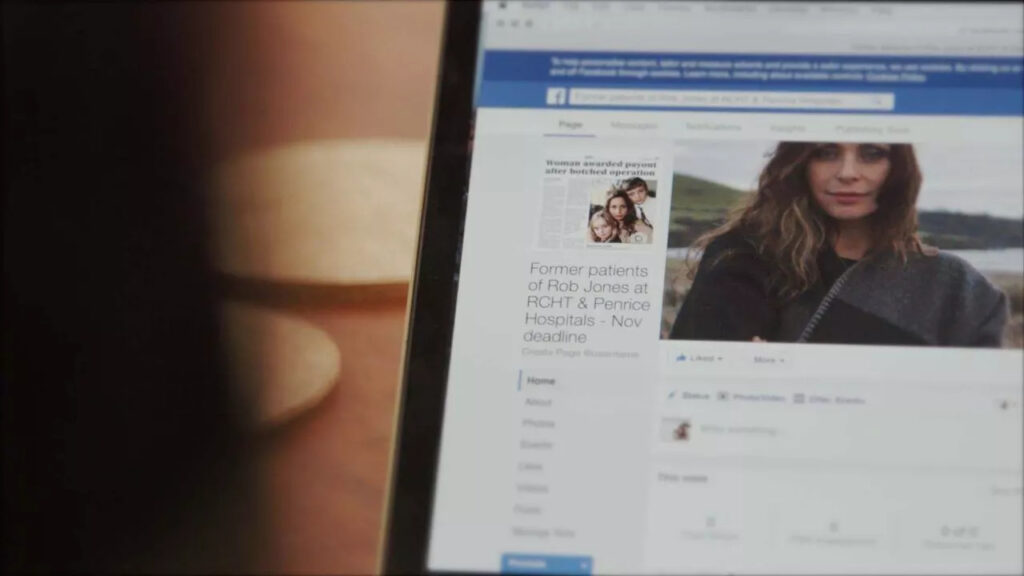Understanding childbirth injury
While the UK is one of the safest places to give birth, avoidable mistakes and errors do occur and can lead to harm to mothers and babies.
Birth injury claims can arise due to many complications and conditions. They may include:
- Cases of cerebral or erbs palsy
- Delays in delivery
- Group B streptococcus
- Perinatal asphyxia (also known as neonatal or birth asphyxia) / deprivation of oxygen
- Preeclampsia
- Ruptured placenta
- Shoulder dystocia
- Stillbirth & neonatal death
- Umbilical cord issues
- Wrongful birth claims
- Haemorrhage or excessive bleeding
If you fear you or your baby may have been harmed due to negligence, making a claim can help draw attention to the issue and demonstrate what needs to change to avoid others suffering in the same way.
If you experienced stillbirth or neonatal death, find out more about how we can support with that here.




















